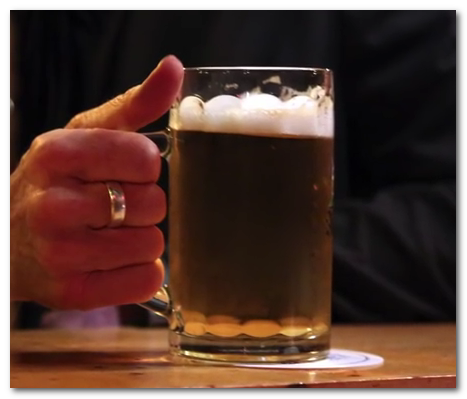When you take alcohol, is begins to enter your body system and stays in blood until it is flushed out. Alcohol consumption raises many debates and some scientists state that it has its own health benefits in body if taken moderately. Studies show that people who moderately drink alcohol may live longer and tend to be healthier when compared to those who abstain from it or abuse it. A person who abstains from taking alcohol may have a risk of having heart diseases.
However, alcohol is only good if it is consumed moderately and regularly. When you take alcohol, the body will be suppressed and you may not be able to act consciously. Taking alcohol creates danger of driving because downiness may cause one to fall asleep when at the wheel.
Consumption of alcohol may cause impaired coordination, judgment, vision, and reactions. People who take alcohol and want to drive may need to know how long it takes to have alcohol flushed out of the body. Many people may ask; how long does alcohol stay in your blood, urine, breath.
While only 10 percent of alcohol you have taken is lost through sweat, breath, and urine and the rest is metabolized by body, others factors may determine how long it is going to remain in your blood.
Factors that affect retention of alcohol in blood
A number of factors will affect the time alcohol stays in blood including gender, age, duration of abstinence, and weight. Alcohol stays longer in women than it does in men. When a man and woman take the same amount of alcohol, the woman will have alcohol in body for longer. The reason being women tend to have less water in body and more fat. These things allow alcohol to be more stored in body.
Man will release more alcohol from the body when compared to woman. People in their 20’s will tend to expel alcohol from the body faster. When you stay for long without taking alcohol, you will have a lower Blood Alcohol Content—BAC for same amount of alcohol taken. Even when they consume same amount of alcohol, a person who did have a drink yesterday will show higher BAC compared to one who has stayed for 3 days without having alcohol.
The more weight a person has the lesser the effects assuming that it is a moderate consumption. A person who has a large body mass is not going to be affected same way as one who is of a smaller body size. This is the same way medicines show their effects in body.
Another factor that may affect how long alcohol stays in body is medicines. Some medicines tend to slow down the process of metabolizing alcohol. The reason behind this is that drugs you take will affect the ability of the body to detoxify alcohol. Drugs like paracetamol, aspirin, and pyrazole are known to slow down the metabolism of alcohol.
The retention of alcohol may also be influenced by body difference, the frequency of eating as well as the type of food you eat.
How long does alcohol remain in your blood?
When alcohol is in body, it is expelled at a rate of 0.016 of BAC in every hour. This means that every hour you will lose 0.016 of alcohol in body assuming that you are not taking more. Therefore, if you have taken alcohol and the BAC reads at 0.08, it means that it would take about 5 hours for it to be expelled from the body.
In case you have taken alcohol and the BAC has reached 0.24, which is quite high because this is the level where many people tend to black out, it means that you may have alcohol in your blood for close to 10 hours or more. When you wake up the next day, you will still be having alcohol in blood.
How long does alcohol remain in your urine?
After 5 percent of alcohol is absorbed in stomach and reaches the kidneys, it will be traced in urine. A hormone called vasopressin is responsible for conserving fluids in body. It is this hormone that triggers kidneys to stop removing a lot of water from the body. When you take alcohol, however, it suppresses vasopressin hormone and you start to urine every now and then. In urine, alcohol may still be detected 48 hours from the time you took it. ETG Urine Alcohol Test may show if you have taken alcohol in the past 4 days.
How long does alcohol remain in your breath?
The time it takes for alcohol to be detected in breath may depend on how much you have drunk and when you had the drink. You can expect to have alcohol on breath for long provided that it is still in blood.
People will tend to have a boozy breath the next morning after they have had a night of drinking. People may think that when alcohol leaves the stomach, it will not show in breath, and this is one reason why you may brush your teeth so that you try masking the smell.
The smell comes from alcohol that is in blood. Therefore, any measures you are taking to mask it will only be temporary. In fact, you cannot fool a breathalyzer even if you take a few mint drops. It is advisable that you reduce the amount of alcohol you take so that you maintain good health.
You may also want to eat foods containing protein so that you reduce the alcohol absorbed in body. When you take alcohol on empty stomach, you increase the amount absorbed. Ensure you drink slowly and take drinks that have lower alcohol content.
Taking water, juices, and other fluids that contain no alcohol slows down the absorption rate of alcohol. Also being active when you drink such as walking around and dancing will reduce the absorption rate. Don’t drive when you are drunk. And, having excessive consumption of alcohol can harm your health.

